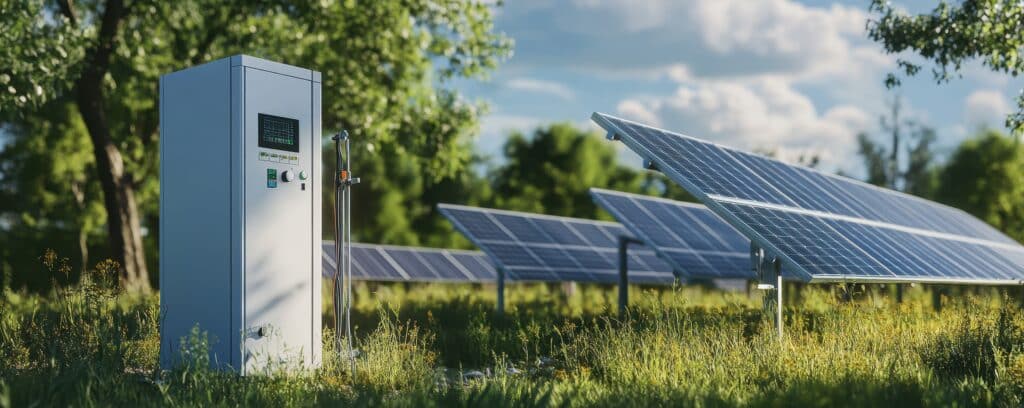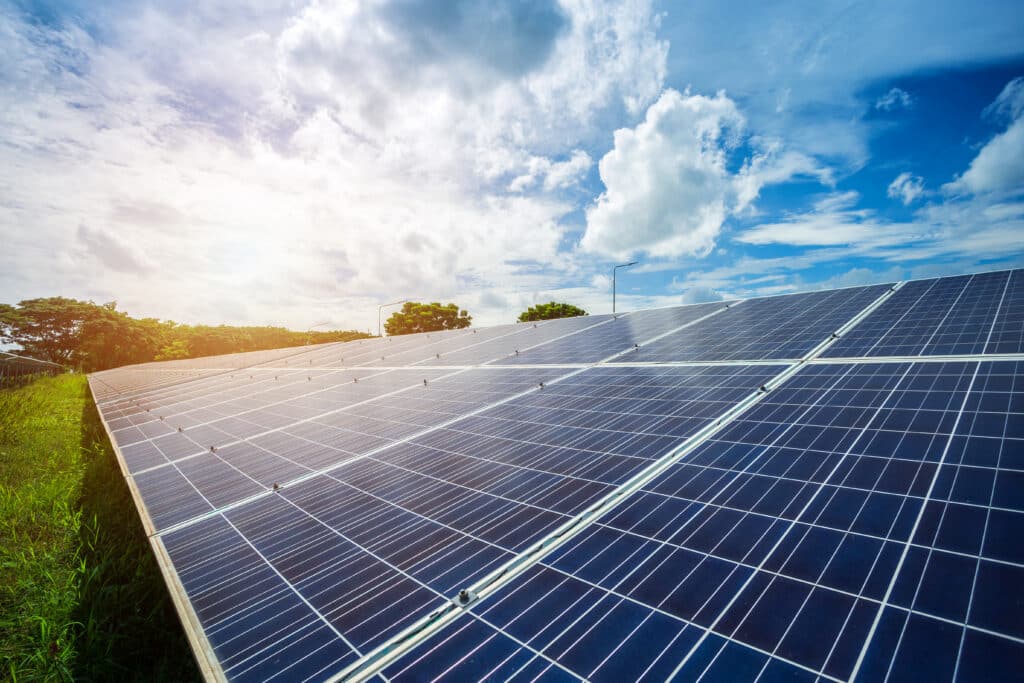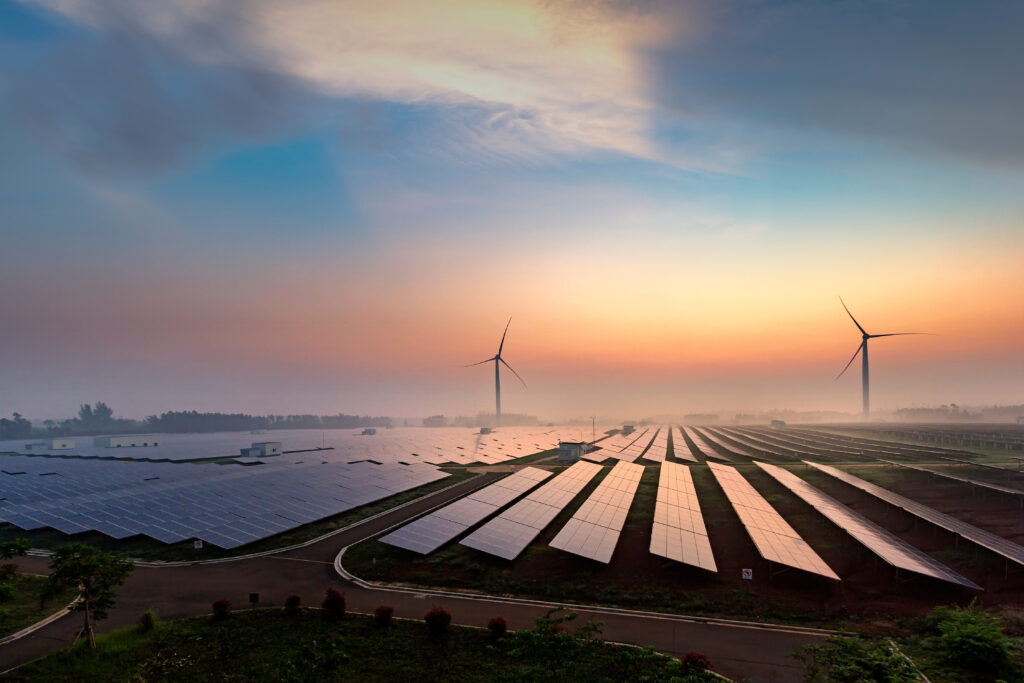


Pakistan is blessed with abundant solar energy resources, making it an ideal candidate for solar power development. The country receives an average of 300 sunny days a year, presenting a perfect opportunity to harness solar energy. As of now, solar energy has emerged as a significant component of Pakistan’s renewable energy landscape, playing a vital role in its energy mix.
Historically, Pakistan has relied heavily on fossil fuels, primarily natural gas and oil, for its energy needs. This dependency led to numerous challenges, including energy shortages, high costs, and environmental concerns. Recognizing the need for a sustainable approach, the government has increasingly turned to renewable energy sources, with solar energy taking the lead due to its integrative potential and economic viability.
In recent years, solar power installations in Pakistan have surged. The government launched projects like the Quaid-e-Azam Solar Power Park, designed to generate around 1,000 MW of solar energy. This initiative is amongst the largest solar parks globally and is pivotal in driving Pakistan towards energy self-sufficiency. Within a short span, numerous private and governmental initiatives have sprouted, leading to the installation of solar panels in homes, schools, and businesses.
The economic benefits of solar energy are evident. With falling costs of solar technology and increasing electricity tariffs, solar panels offer a cost-effective solution for power generation. Moreover, solar energy enables citizens in remote areas to access electricity, promoting rural development and enhancing the quality of life. Programs like the “Solar Home Systems” have empowered communities, providing a reliable source of energy for lighting, pumping water, and running appliances.
Environmental sustainability is another critical aspect. By investing in solar energy, Pakistan reduces greenhouse gas emissions, supporting global climate change efforts. Transitioning towards renewable sources enhances air quality and mitigates health risks associated with traditional fossil fuels.
Policy and regulatory frameworks have substantially evolved to support the growth of solar energy. The government’s Vision 2025 emphasizes the integration of renewables in the energy mix, aiming for at least 30% of the country’s electricity to come from renewable sources. The National Electric Power Regulatory Authority (NEPRA) has introduced net metering policies, allowing consumers to sell excess solar power back to the grid.
Despite these advancements, challenges remain. Issues such as financing, technology access, and grid stability still hinder widespread solar adoption. Addressing these issues requires continued government support, investment in technology, and collaboration with private sectors. Enhanced training programs for technicians and engineers will also ensure a skilled workforce capable of maintaining and developing solar systems.
Public awareness about the benefits of solar energy is increasingly growing, with numerous campaigns promoting its adoption. Educational institutions have also begun integrating renewable energy studies into their curriculums, preparing the next generation for a sustainable future.
The International Renewable Energy Agency (IRENA) and various non-governmental organizations have actively supported Pakistan in developing its renewable energy sectors, including solar energy. Their involvement in capacity building, technical training, and funding has positively impacted the country’s energy framework.
Looking ahead, the potential for solar energy in Pakistan is immense. The government’s commitment to promoting alternative energy sources coupled with public interest lays a solid foundation for a brighter, sustainable future. Continuous investments in solar technologies and infrastructure can significantly minimize energy shortages while promoting economic growth and environmental health.
The transition towards solar energy is not merely a choice but a necessity for Pakistan’s energy security. As solar installations grow and more citizens adopt this clean energy source, Pakistan is on a promising path to a renewable energy future, significantly diversified beyond its historical reliance on fossil fuels.
For those interested in further exploring renewable energy and its various components, several other relevant blogs can provide deeper insights. Check out:
- Solar Energy Development: A Path to Sustainability
- The Future of Renewable Energy in Pakistan
- Technological Innovations in Solar Energy
For a comprehensive overview of Pakistan’s renewable energy initiatives and the future of solar power, visit Andromeda Energy.


Leave a Reply